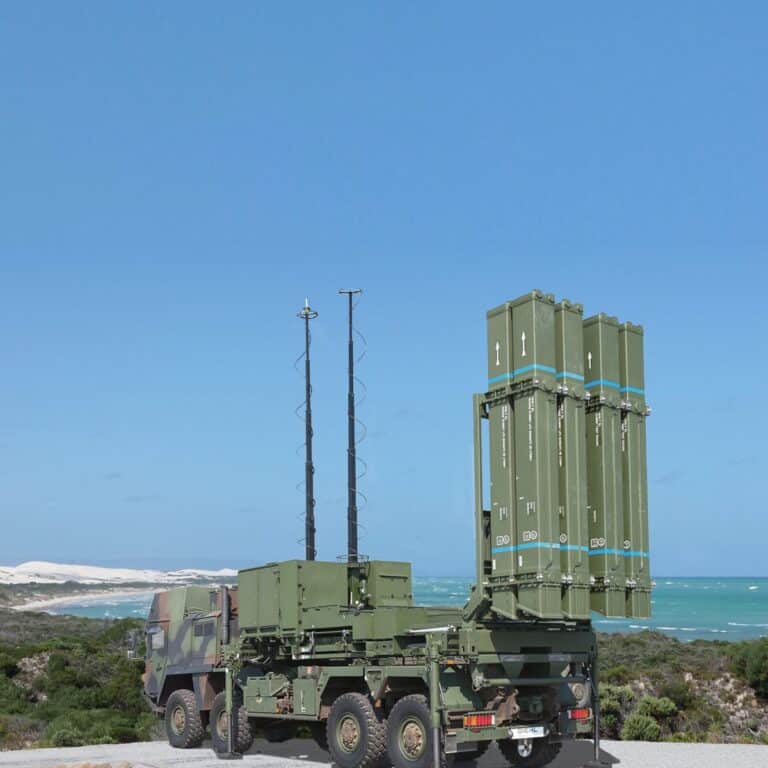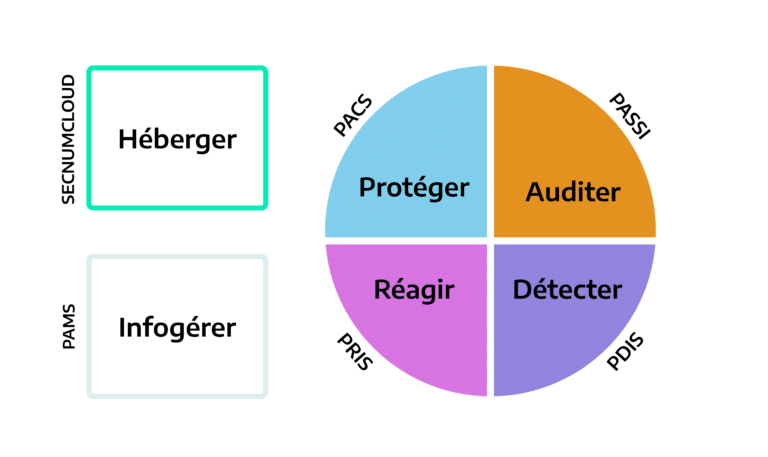Table des matières
ToggleThe Fundamental Role of Military Intelligence Specialists
Military intelligence specialists play a crucial role in the defense and security of a nation. Their mission is to collect, analyze, and disseminate strategic information about the enemy, the operational context, and potential threats. This work is vital not only for military operations planning but also for informed decision-making at all levels of command. In 2025, as the complexity of conflicts increases, the need for accurate and rapid analysis has never been more urgent.
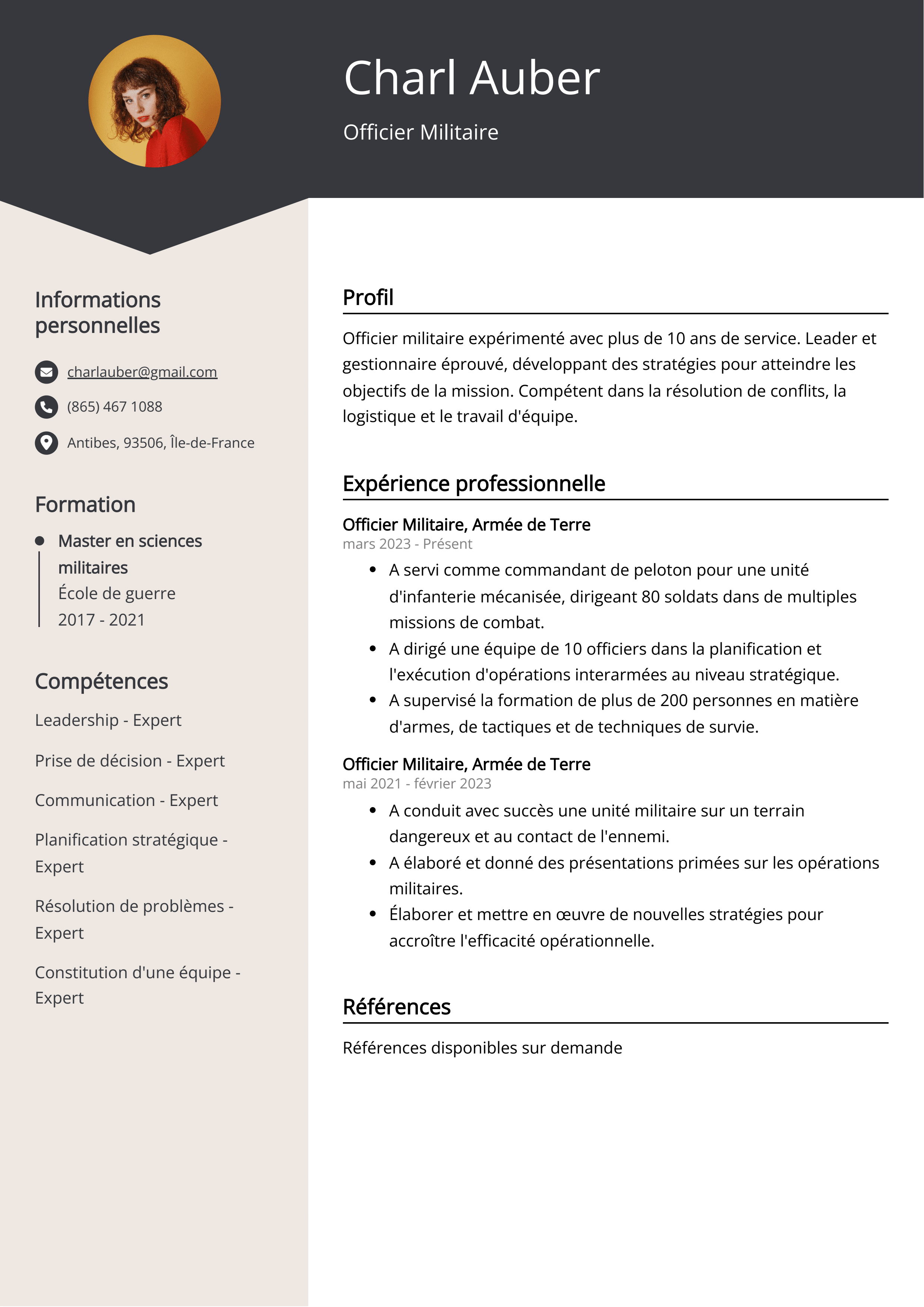
The Information Collection and Analysis Process
The military intelligence process can be broken down into several key phases:
- Information Collection: Information can come from various sources, including satellites, drones, field reports, and other tactical means.
- Analysis: This stage involves translating raw data into useful intelligence, where the analysis of patterns, trends, and connections is essential.
- Dissemination: The results of the analysis must be communicated effectively to military decision-makers and other concerned entities.
It is clear that each phase of this cycle requires specific skills and extensive training. The ability to transform disparate information into a coherent vision is what sets experts apart. For instance, a military analyst must be able to explore the interconnections between data to predict enemy movements and alert armed forces in time.
The Different Types of Intelligence
Military intelligence is divided into several categories, each with its own specificities and techniques:
- Human Intelligence (HUMINT): Highly dependent on human interactions, this involves obtaining information through agents or informants.
- Signals Intelligence (SIGINT): This type of intelligence focuses on the interception and analysis of electronic communications.
- Imagery Intelligence (IMINT): It involves the analysis of satellite images and other forms of visual analysis to assess military targets.
These different forms of intelligence are complementary and allow for a comprehensive approach to understanding the situation on the ground. For example, an urgent need for accurate intelligence may require a combination of HUMINT, SIGINT, and IMINT to obtain a complete picture of the situation.
Essential Academic Background to Become an Expert
The path to becoming a military intelligence specialist generally begins with a solid academic background. Relevant degrees often include fields as diverse as political science, international relations, and sociology. These disciplines provide an essential foundation for understanding geopolitical dynamics.
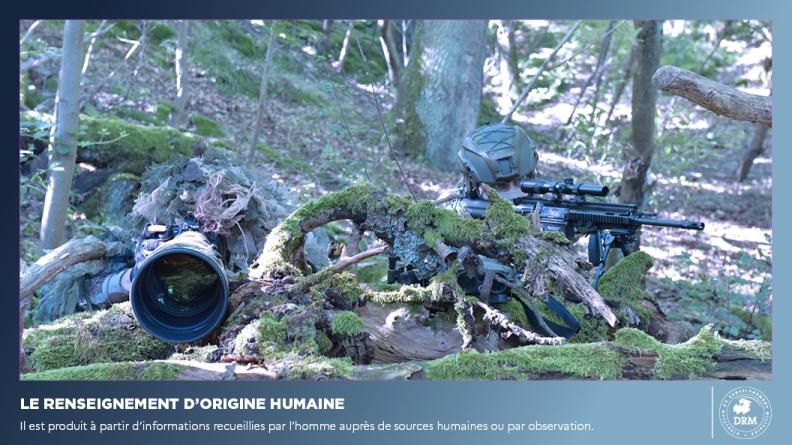
Recognized Degrees and Training
The most recommended training includes:
- Degree in Political Science: Helps in understanding geopolitical issues and international relations.
- Master in National Security: Focus on security and defense strategies.
- Training at a Military School: Integration of military practices and theoretical knowledge.
In addition, some specialized schools such as the Institute of Advanced National Defense Studies or the Higher War School may offer programs that enhance the necessary skills. Acquiring technical knowledge, such as mastery of analytical methods and technological tools, is also crucial.
Foreign Languages and Technical Skills
A key skill for intelligence professionals is proficiency in several languages, particularly those that are strategically important, such as Chinese, Russian, or Arabic. Furthermore, understanding modern technologies and data collection processes is increasingly necessary in a world where cybersecurity plays a central role.
From a technical standpoint, it is advisable to train in data analysis and information management tools to stay up-to-date with the rapid evolution of the military intelligence field.
Practical Skills to Excel in Military Intelligence
Beyond academic training, a number of personal and professional skills are essential for a military intelligence expert. These skills allow them to excel in a demanding and often unpredictable environment.
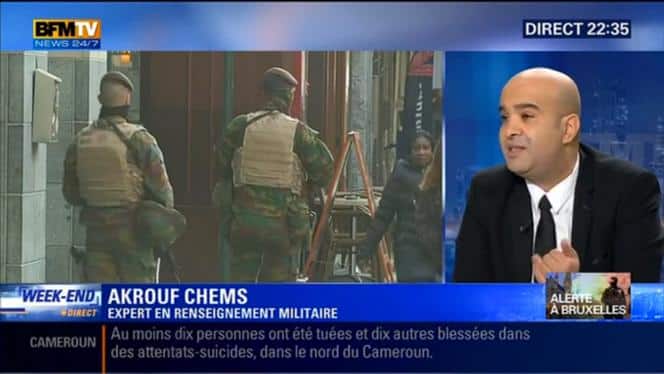
Analytical and Problem-Solving Skills
Intelligence professionals must have an exceptional ability to analyze and synthesize complex information. This involves:
- Problem Solving: Ability to face difficult situations with innovative solutions.
- Critical Analysis: Assessing sources and determining their credibility.
- Discipline and Rigor: Attention to detail to avoid misinterpretation errors.
Interpersonal Skills and Ethics
Ethics play a fundamental role in the field of intelligence. Discretion and integrity are paramount, as agents must often make decisions that compromise or uphold national security.
Thus, interpersonal skills (such as effective communication and teamwork) are equally vital, as they enable collaboration with other branches of the armed forces and government agencies.
Specific Training Paths in Military Intelligence
To specialize in military intelligence, there are several training paths. Each path has its own requirements and formalities, which may vary depending on whether one chooses a civilian or military path.
The Civilian Path within the Defense Intelligence Service
In the civilian path, institutions such as the Military Intelligence Directorate and the DGSE recruit intelligence analysts and other related professions. Candidates must go through a rigorous selection process, including technical tests and an interview.
The Military Path in the Army
On the military side, joining specialized units typically begins with integration into the Army. Future specialists generally undergo initial basic training, followed by specific intelligence training. During this period, they learn to operate various data collection technologies and interpret the results.
Careers in the Army can lead to various roles, such as operations analysts where experts directly support command on the ground.
Developing a Strong Professional Network
Beyond skills and training, establishing a professional network in the intelligence field is essential to advancing in one’s career. This involves connecting with professionals, participating in conferences, and getting involved in dedicated professional associations.
The Importance of Networking
Building strong relationships with experts and mentors can significantly enhance professional opportunities. Useful associations include:
- AFIO: Association of Former Intelligence Officers.
- IALEIA: International Association for Law Enforcement Intelligence Analysts.
- OSINT Foundation: Specialized in open-source intelligence.
Continuing Education and Skills Update
The field of intelligence is rapidly evolving, necessitating a commitment to continuing education. Attending seminars, taking online courses, and staying informed of the latest technological trends are ways to keep up-to-date. This is essential for adapting to new intelligence methodologies and technologies.
The Challenges and Perspectives in Military Intelligence
In the era of advanced technology and globalization, military intelligence faces unprecedented challenges. Specialties, exposed to a wide variety of threats – whether conventional or asymmetric – require constant flexibility and adaptation.
The New Types of Threats and Operations
Modern conflicts, such as those observed in Ukraine, show that military operations are increasingly integrated. The importance of understanding cyberspace and hybrid threats is also growing. In this context, intelligence must evolve to incorporate tools for data analysis, artificial intelligence, and cybersecurity.
The Future Trends in Military Intelligence
It is expected that the training of intelligence agents will include more teachings on emerging technologies, including:
- Artificial Intelligence: Used to enhance data analysis capabilities.
- Drones and Robots: To gather data in inaccessible environments.
- Cyber Intelligence: In response to the rise of cyberattacks.
Becoming an expert in military intelligence is a demanding yet rewarding journey that requires a commitment to continuous learning and adapting to new geopolitical realities. Career opportunities are abundant for those who adequately prepare and commit to maintaining standards of excellence.


















